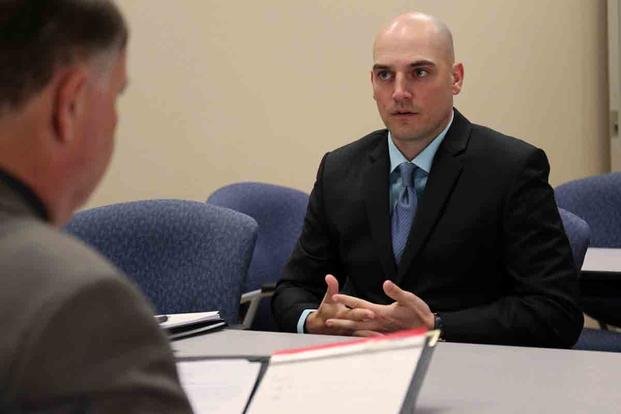Question:
I thought I was prepared and ready for a job interview at my dream employer. But somewhere in the conversation, I lost my focus and started overthinking everything and rambling. I could tell the hiring manager was getting frustrated, and I didn't know how to bring the interview back on track. What should I have done? P.S.: I never heard from the company again after the interview.
Answer:
I'm sorry this happened to you at your dream employer. Were you interviewing for your dream job? Or were you trying to get a foothold in the company and therefore applying for a job you weren't a fit for? That would certainly explain why you lost focus.
There are other reasons we can be fully prepared and suddenly lose focus in an important meeting: Maybe you put a lot of pressure on yourself to perform well and became distracted while trying to remember too much? Perhaps you got the sense that culturally you weren't a fit in the company and struggled to sound genuine? Maybe you heard a cell phone ring in the background, or your phone vibrated in your pocket, or your pen stopped writing, or ... Research shows there are many reasons why we get distracted and lose our train of thought.
When it happens, let's look at some ways you can recover in the moment:
1. Pause
If you realize you're rambling and answering the wrong question or straying too far from the answer you want to offer, take a breath. It will feel much longer to you than anyone else in the room, trust me.
2. Ask for a Moment
If you suddenly find yourself at a loss for how to answer a question you should know (for instance, what led you to pursue a career as a Navy SEAL?), say something such as, "That's an important question. I'd like a moment to give you a thoughtful response." And then take a pause. In the time you get to state that request, plus the time of the pause, you can focus on getting back on track.
3. Rephrase Something from Earlier
If you lost your train of thought because you strayed off the question too far, restate the question and your initial answer. Then check in with, "Does that answer your question?"
4. Ask a Question
This one is tricky because you're likely distracted with trying to get back on topic and asking a relevant, interesting question of the other person could confuse them even more. If you can regroup your thoughts and pivot to a question on your interview list, that's likely best. Just be sure that it makes sense, given the topic you're discussing.
5. Own It
Believe it or not, it's happened to everyone -- whether you're on stage in front of an important audience and you forget what to say next, or you're proposing to your girlfriend or boyfriend and all the romantic words escape you, or you're interviewing for your dream job and you start rambling. Instead of trying to cover it up, consider stopping and saying, "I'm sorry. In the excitement of the moment of discussing this job -- which I am so passionate about -- I lost my train of thought. Guess I've also answered the question, 'What are my weaknesses?'"
Depending on how disruptive your behavior was, consider following up with a note to the interviewer acknowledging that you lost your train of thought and in your efforts to recover that you may have seemed disorganized or flustered. Perhaps they will give you another interview to show your best side.
It is likely that the interviewer will remember how you recover from this event, rather than what you said when you were rambling. Keep this in mind and remind yourself that you're human, and we all make mistakes.
The Next Step: Find the Right Veteran Job
Whether you want to polish up your resume, find veteran job fairs in your area, or connect with employers looking to hire veterans, Military.com can help. Sign up for a free Military.com membership to have job postings, guides and advice, and more delivered directly to your inbox.












